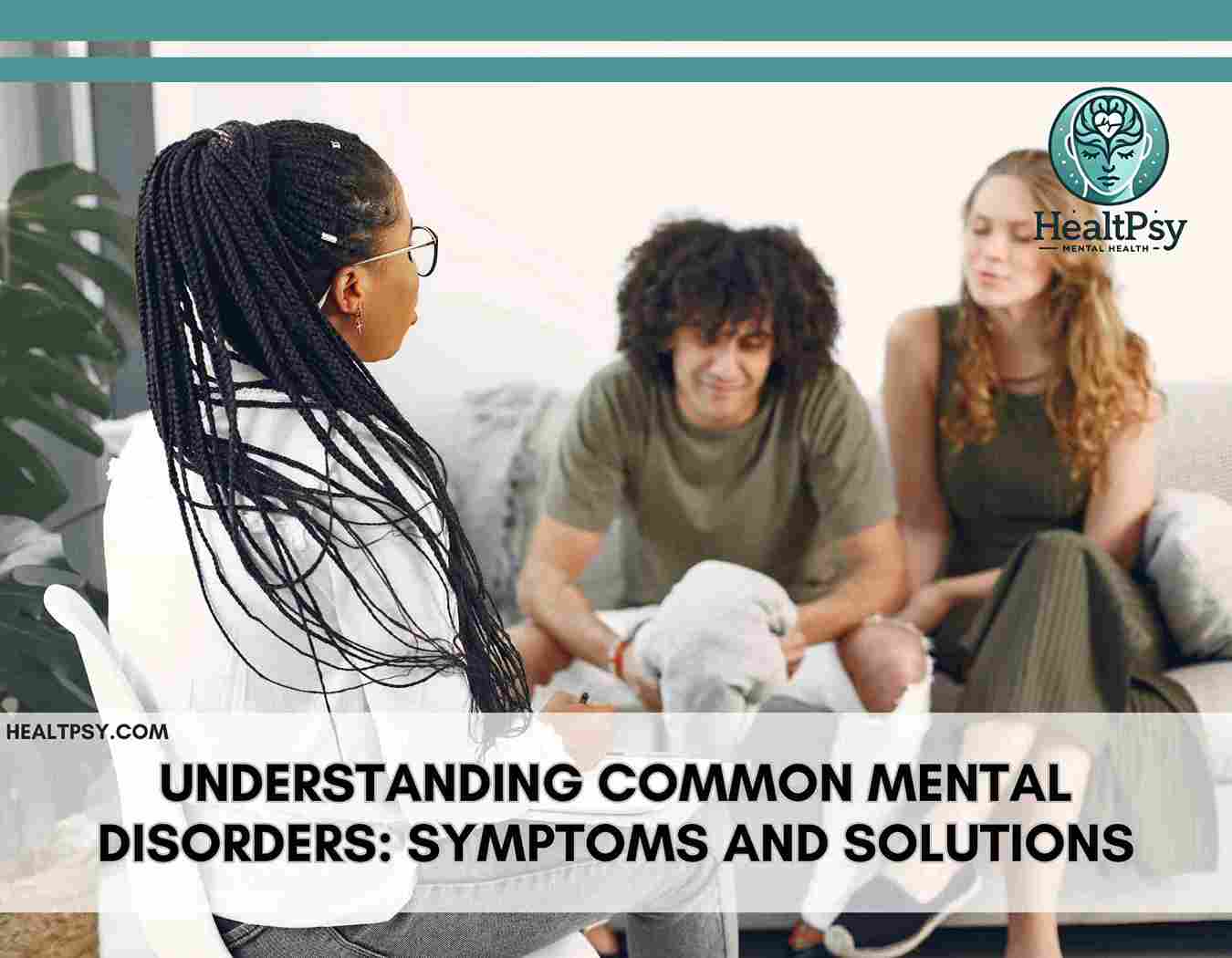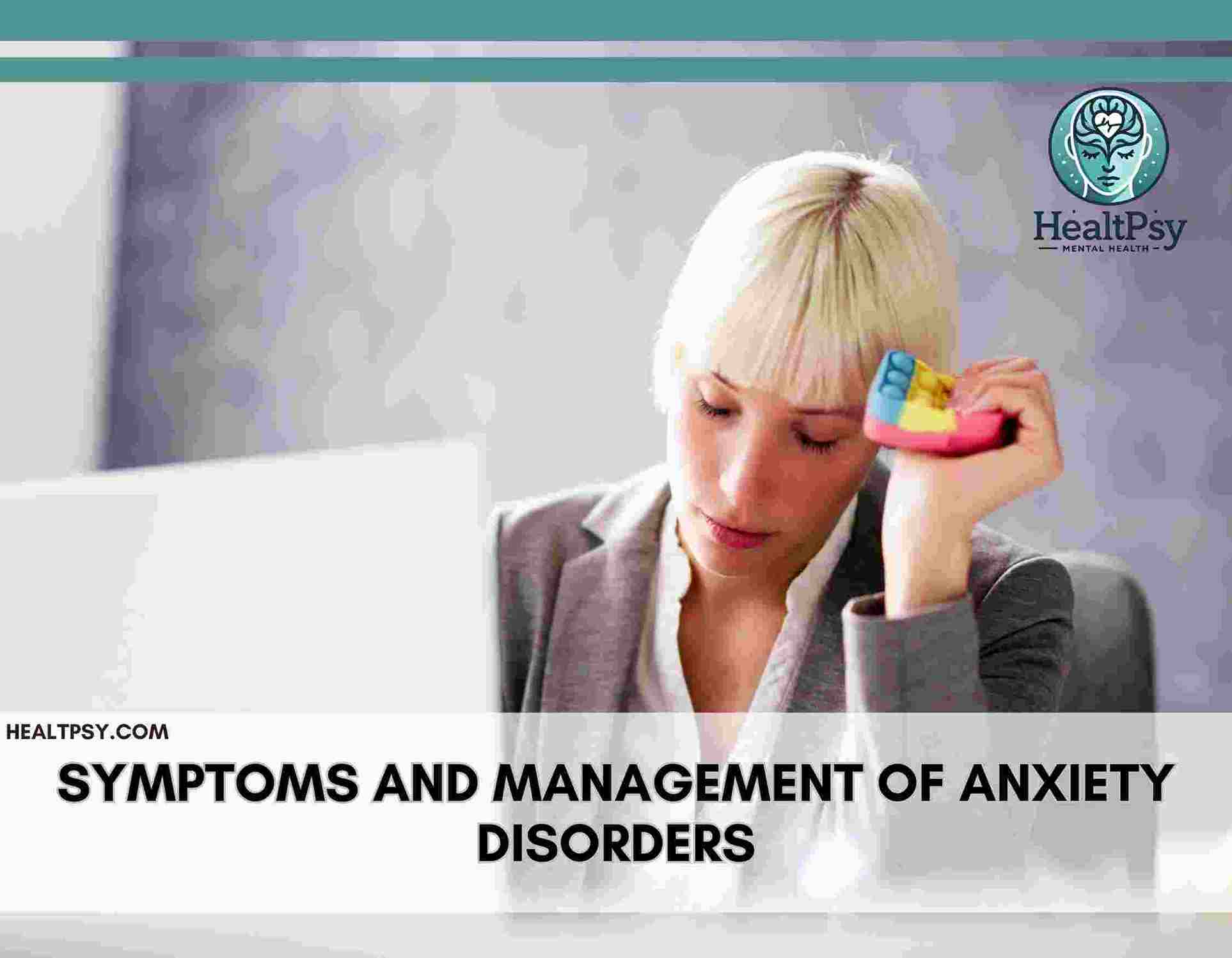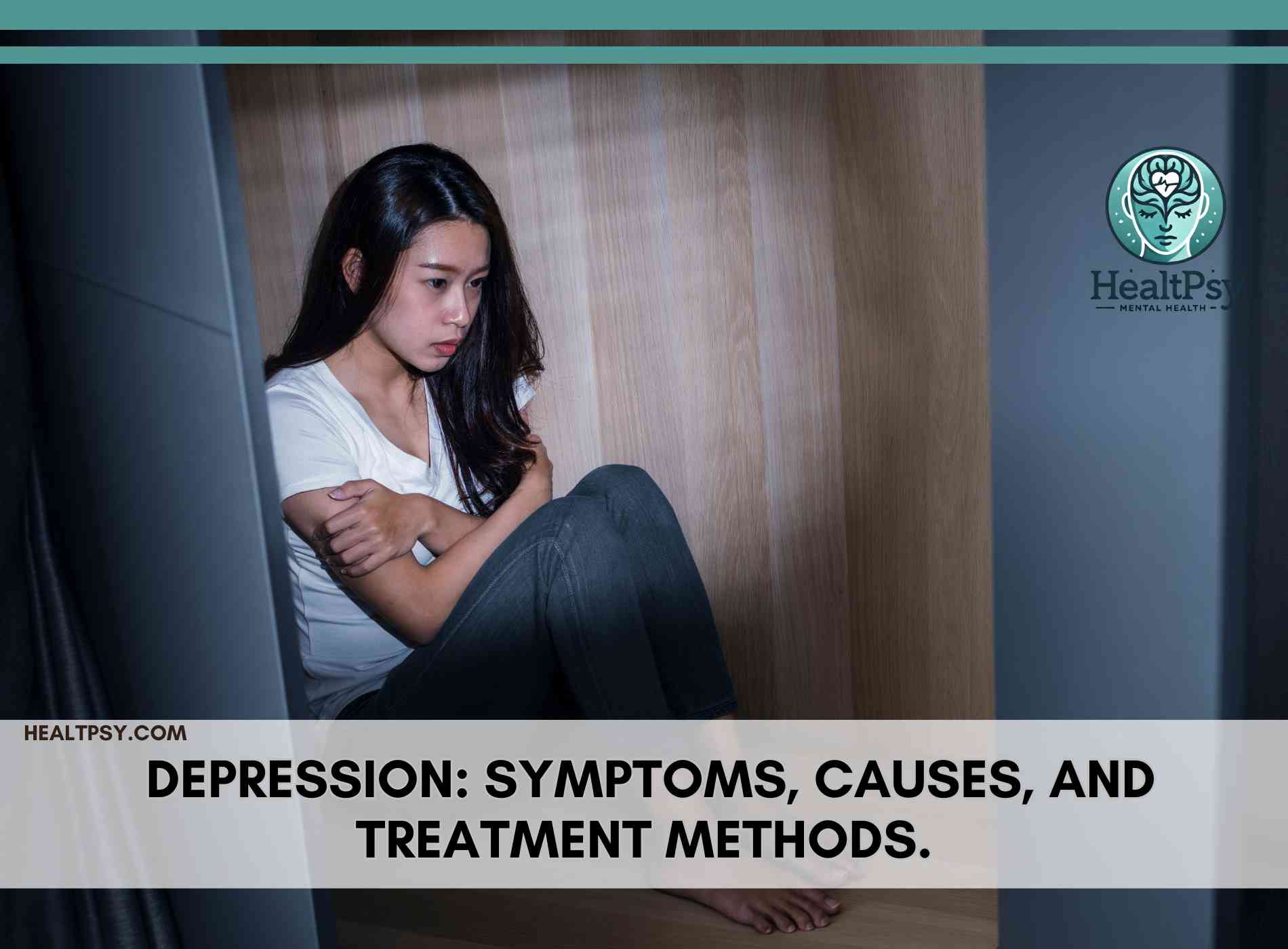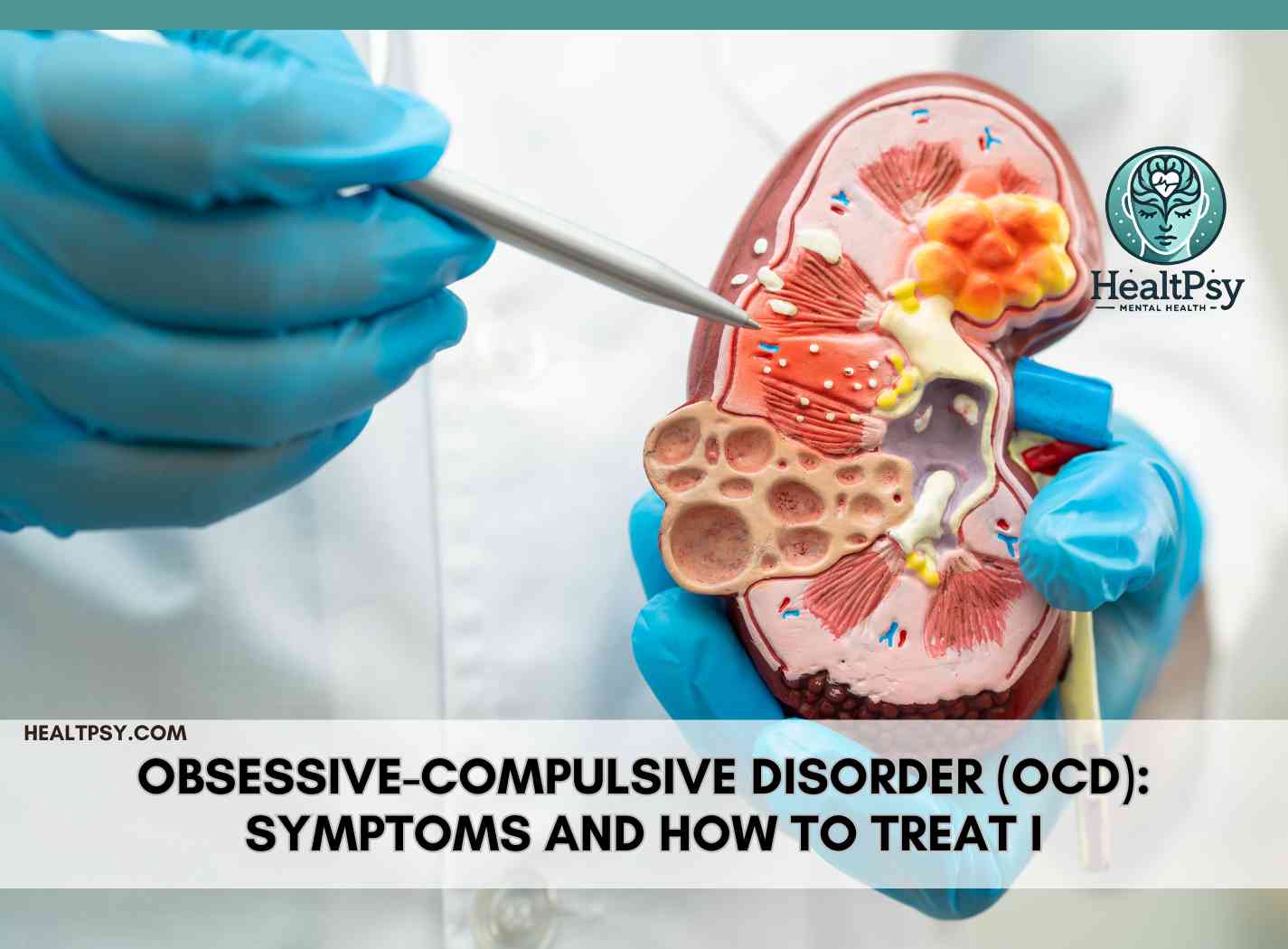The 3 Most Devastating Mental Health Disorders in America: Symptoms & Treatmen
Updated Introduction: The Mental Health Crisis in America
Mental health in America has become a critical issue, affecting millions of people across all demographics. Studies show that approximately 1 in 5 U.S. adults experiences a mental illness each year. The most prevalent conditions include anxiety disorders, depression, and post-traumatic stress disorder (PTSD).
The impact of these disorders is profound, affecting personal relationships, work performance, and overall well-being. Left untreated, mental health conditions can lead to substance abuse, suicidal thoughts, and chronic physical health issues. Despite the availability of treatment options, stigma, financial constraints, and limited access to mental healthcare prevent many from seeking help. Addressing these challenges requires raising awareness, expanding mental health services, and integrating mental health support into primary care systems
📌 This article explores the top 3 most common mental health disorders in America, highlighting their symptoms, causes, and treatment options.
🔗 National Institute of Mental Health (NIMH) – Mental Health Statistics
1. Anxiety Disorders: The Most Prevalent Mental Illness in America
Anxiety disorders are the most common mental health condition in the U.S., affecting approximately 40 million adults (18% of the population) annually.
Symptoms of Anxiety Disorders
- Excessive worry and fear
- Restlessness and irritability
- Rapid heartbeat and sweating
- Difficulty concentrating
- Panic attacks in severe cases
Causes and Risk Factors
- Genetic predisposition
- Chronic stress or traumatic events
- Imbalance of neurotransmitters (e.g., serotonin and dopamine)
- Personality traits (e.g., high neuroticism)
Treatment Options for Anxiety Disorders
- Cognitive Behavioral Therapy (CBT): Helps individuals recognize and manage anxiety triggers.
- Medication: Selective serotonin reuptake inhibitors (SSRIs) such as Prozac and Zoloft.
- Lifestyle Modifications: Regular exercise, meditation, and relaxation techniques.
2. Major Depressive Disorder: The Leading Cause of Disability
Depression is one of the most serious and widespread mental illnesses in America. It affects more than 21 million U.S. adults each year and is the leading cause of disability worldwide.
Symptoms of Depression
- Persistent sadness or low mood
- Loss of interest in daily activities
- Fatigue and sleep disturbances
- Changes in appetite and weight
- Suicidal thoughts in severe cases
Causes and Risk Factors
- Biological factors, such as serotonin imbalances
- Genetic vulnerability
- Traumatic life events (e.g., loss of a loved one, abuse)
- Chronic medical conditions (e.g., diabetes, heart disease)
Treatment Options for Depression
- Psychotherapy: Cognitive Behavioral Therapy (CBT) and Interpersonal Therapy (IPT) are commonly used.
- Antidepressant Medications: SSRIs and serotonin-norepinephrine reuptake inhibitors (SNRIs).
- Electroconvulsive Therapy (ECT): Used in severe, treatment-resistant depression cases.
3. Post-Traumatic Stress Disorder (PTSD): A Growing Concern
PTSD affects approximately 6% of the U.S. adult population at some point in their lives, particularly military veterans, abuse survivors, and individuals exposed to violence or disasters.
Symptoms of PTSD
- Flashbacks and intrusive thoughts
- Severe anxiety and hypervigilance
- Emotional numbness and detachment
- Sleep disturbances and nightmares
- Avoidance of places or situations related to trauma
Causes and Risk Factors
- Exposure to life-threatening events (war, assault, natural disasters)
- Childhood abuse or neglect
- Family history of mental illness
- Inadequate social support
Treatment Options for PTSD
- Trauma-Focused Cognitive Behavioral Therapy (TF-CBT): Helps patients process and cope with trauma.
- Eye Movement Desensitization and Reprocessing (EMDR): A technique designed to reduce PTSD symptoms.
- Medication: SSRIs and Prazosin (used to treat PTSD-related nightmares).
Conclusion: Addressing Mental Health in America
Mental health in America is a critical public health concern. The three most common disorders—anxiety, depression, and PTSD—affect millions of people annually. Early diagnosis, access to treatment, and public awareness can help individuals manage these conditions effectively.
📌 Key Takeaways:
- Anxiety disorders are the most prevalent mental illnesses, affecting 40 million adults.
- Depression is the leading cause of disability in the U.S.
- PTSD remains a significant concern, especially among veterans and trauma survivors.
🔗 Explore More on Mental Health
you might also like





